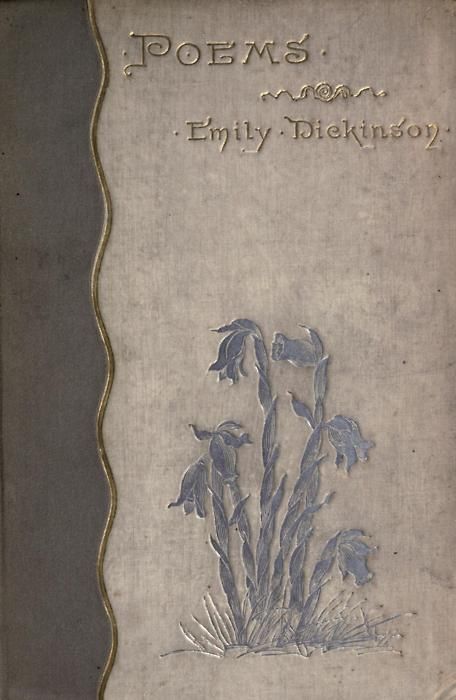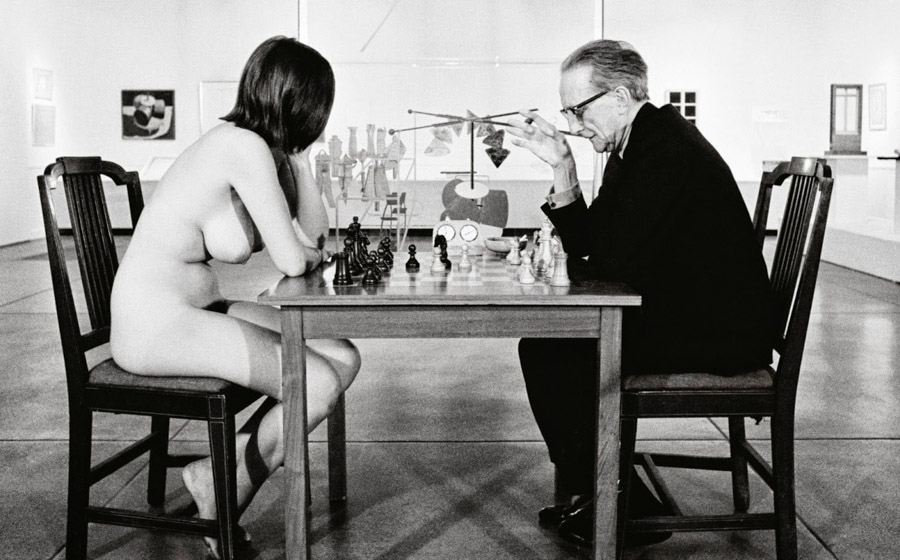 One very terrible summer, I was jobless, in the wake of a breakup, and looking at the wrong side of thirty-five. “I don’t know what to do with myself,” I told a librarian friend. “Read the Kinsey Millhone mysteries,” she said. “They’re bestsellers for a reason and there’s a ton of them.” By the summer’s end, lone-wolf private detective Kinsey had become my first fictional bestie since I’d ostensibly grown out of rereading Harriet the Spy at age 12. (I never really did.)
One very terrible summer, I was jobless, in the wake of a breakup, and looking at the wrong side of thirty-five. “I don’t know what to do with myself,” I told a librarian friend. “Read the Kinsey Millhone mysteries,” she said. “They’re bestsellers for a reason and there’s a ton of them.” By the summer’s end, lone-wolf private detective Kinsey had become my first fictional bestie since I’d ostensibly grown out of rereading Harriet the Spy at age 12. (I never really did.)
It’s no coincidence, that Harriet connection. Grumpy, idiosyncratic, and eminently decent, the subject of Sue Grafton’s bestselling alphabet series is the sort of tough-guy tomboy rarely found outside of children’s literature to all of our detriment. Like the love child of Mickey Spillane and Ramona Quimby, Kinsey suffers no fools and is only partially domesticated. Orphaned young, divorced twice, and child-free, she’s a former cop who prefers pickle and peanut butter sandwiches over salads, lifts free weights, cuts her own hair with nail scissors, and owns only one dress–a wrinkle-resistant black number for when she can’t get away with jeans and turtlenecks. Shacked up with a Japanese bobtail cat Ed in a garage apartment owned by Henry, her eighty-eight-year-old retired baker of a best friend, she regularly swills cheap white wine and frightening goulash at the local tavern with a handful of cops whom she sometimes dates and consults in the delightfully lo-fi world of 1980s Santa Teresa, a fictionalized Southern California town resembling Santa Barbara, where Grafton lives part-time. Continue Reading →


 There were many West Coast It Girls of the 60s and 70s, but Eve Babitz may have been the West Coast It Girl, at least among people in the know. Born in 1943 to a Jewish studio violinist and a shiksa Texan rose, Igor Stravinsky was her godfather and Greta Garbo, Charlie Chaplin, and Bertrand Russell her family friends. In the 1960s, she became a “groupie-adventuress” who designed album covers for Linda Ronstadt and Buffalo Springfield, befriended everyone from Frank Zappa to Salvador Dali, and counted Steve Martin, Jim Morrison, Harrison Ford, Annie Lebowitz, and both Ruscha brothers (photographer Paul and painter Ed) among her many lovers. She also was the nude girl in that famous photograph of Marcel DuChamp playing chess. You know the one.
There were many West Coast It Girls of the 60s and 70s, but Eve Babitz may have been the West Coast It Girl, at least among people in the know. Born in 1943 to a Jewish studio violinist and a shiksa Texan rose, Igor Stravinsky was her godfather and Greta Garbo, Charlie Chaplin, and Bertrand Russell her family friends. In the 1960s, she became a “groupie-adventuress” who designed album covers for Linda Ronstadt and Buffalo Springfield, befriended everyone from Frank Zappa to Salvador Dali, and counted Steve Martin, Jim Morrison, Harrison Ford, Annie Lebowitz, and both Ruscha brothers (photographer Paul and painter Ed) among her many lovers. She also was the nude girl in that famous photograph of Marcel DuChamp playing chess. You know the one.